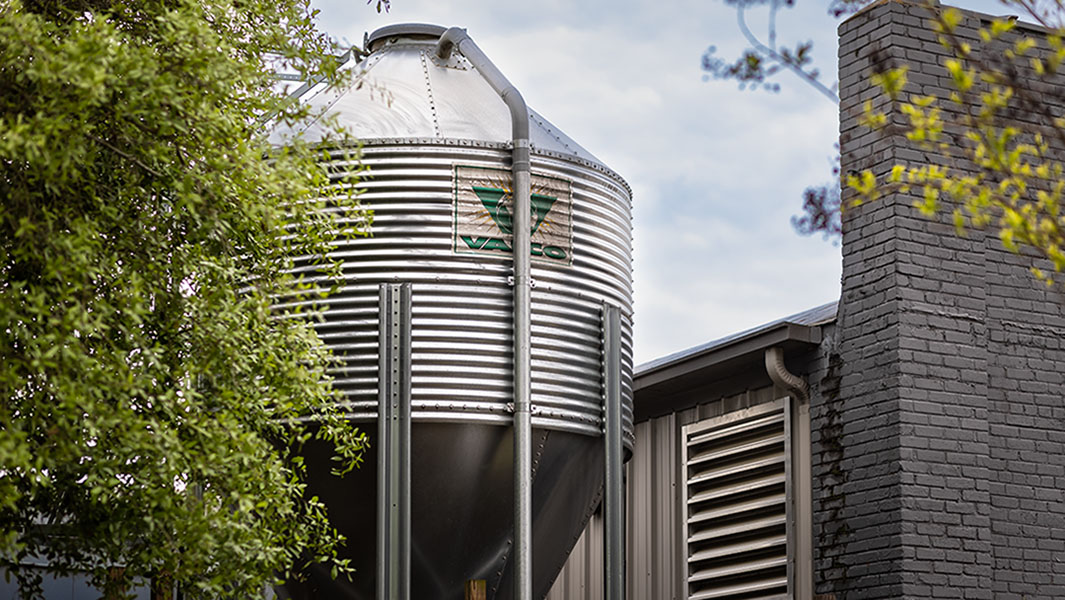Breweries such as Columbia Craft would have the potential to grow their brand across the Southeast if the legislation passes, according to the South Carolina Brewers Guild. (Photos by Caroline Barry)
Restrictions on craft breweries are being called into question by a new bill in the South Carolina Senate.
Breweries are faced with strict carryout restrictions. Current legislation allows brewery-goers to take away a case, or 24 cans, worth of beer per visit.
This could change soon.
The S.C. Craft Beer Economic Development Act focuses on increasing state revenues from breweries. The bill would remove the limit on the carryout policy and loosen some other restrictions on brewers.
“The 130 breweries we have in South Carolina put $861 million back into the state’s economy,” said Campbell Mims, director of association management for the S.C. Brewers Guild.
Mims said South Carolina’s neighboring states are seeing more economic success from their breweries.
“However, as good as (South Carolina’s industry) sounds, North Carolina’s breweries put $2.2 billion back into their economy,” he said. “Florida is over $4 billion. Georgia is over $1 billion. Tennessee is over $1 billion. Virginia is over $1 billion.”
The Brewers Guild advocates for breweries around the state.
The guild has been trying to find a middle ground with the South Carolina Beer Wholesalers Association, a natural competitor.
The Beer Wholesalers Association is concerned the proposed legislation would threaten the industry’s structure because of similar changes in other states.
Among the “top-line concerns for us: A number of these craft (brewery exceptions) are now facing legal scrutiny across the United States,” said Lance Boozer, executive director of the South Carolina Beer Wholesalers Association. “It’s really surprising that it’s taken this long for these laws to have been challenged but the most recent one is out in Oregon.”
The Beer Wholesalers Association doesn’t entirely oppose the bill, Boozer said during last week’s Senate Judiciary Committee meeting. He said the organization does not support the bill as it’s written.
“What we would propose and support is an increase to 768 ounces, which would (allow them to be) able to sell a keg,” Boozer said.
The industry in South Carolina uses a three-tier system that restricts who is able to sell what to the public.
The first tier are breweries, which manufacture the product. The second tier are wholesalers, which distribute the product, and the third tier are retailers, which sell the products to the public.
But the Brewers Guild sees what is possible for the state when they look at North Carolina.
“We are not trying to compromise the three-tier system,” said Pearce Fleming, president of Commonhouse Aleworks in Charleston. “Rather, we are trying to expand it.”
Fleming spoke on behalf of the Brewers Guild at the committee meeting.
“This bill is about complimenting the three-tier system, such that smaller breweries can test marketability, thus leading to its distribution to a wholesaler which means all tiers win and all tiers grow,” he said.
“Mutually beneficial” terms would be the ideal outcome, but finding the middle-ground has proven to be a little difficult, both groups said.
The deadline for the bill to pass from the Senate to the House and the end of the legislative session are approaching.
“We’re optimistic, but we’re not naive to the fact that there’s hurdles for us to get over,” the Brewers Guild’s Mims said.



